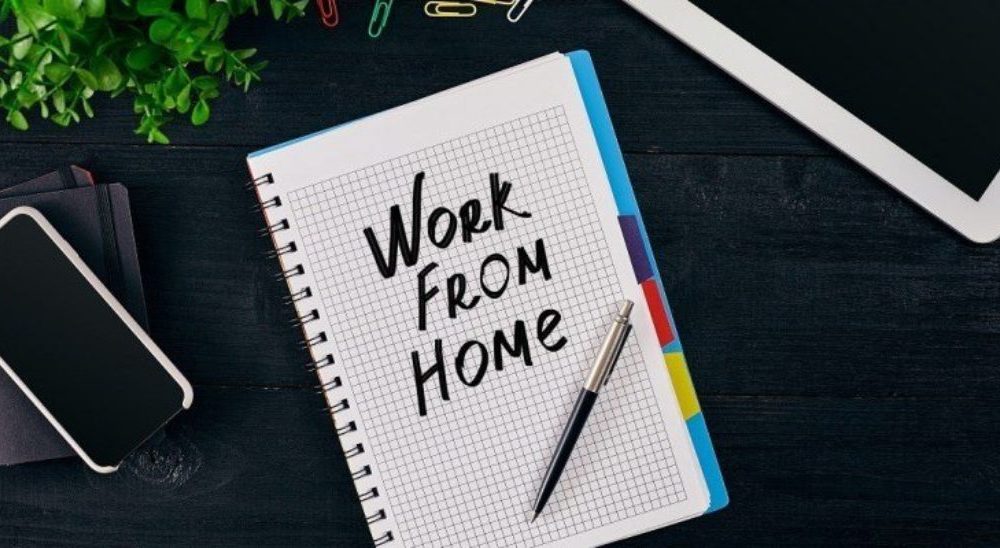Written by Student Reporter (MItsal Athaya, Management 2022)
People are always seeking better educational opportunities even during the pandemic. Live-long learning keeps our world developing. Technology has made immense progress, and with time is becoming more complex. As technology is in virtually every part of life in contemporary society, it is most likely incorporated into education. While some students consider that conventional education and the best education opportunities are more credible, some argue that online classrooms give a chance to learn to anyone, in any place imaginable. However, as we have been accustomed to the traditional classroom and whiteboard style to digest information, below are the ABCs of successful e-learning based on personal and other people’s experiences:
Acknowledgment
Accepting change is one of the first stepping stones to a successful outcome; this is an approach that applies to every circumstance you face in your life. Once you’ve accepted the change, you begin to view the challenge from a whole new perspective. We should let go of those parts of us that refused to adapt as they contribute to our system’s tremendous stress. We build uncertainty and anxiety within ourselves as we attempt to prevent a change of some sort; hence, it is essential to understand that difference is not something to be feared and avoided. Yes, change is something that we can avoid, though it will also persistently catch up to us.
“It is normal to temporarily feel hurt by the sudden change because changing means to learn from something. Change can be negative or positive, but the word ‘change’ needs an adaptation process at the end of the day. You may feel hurt at first as you adjust to the change you were entrusted with; later, you will start to feel better. Dwelling on sudden changes without any effort to adapt will only keep you from growing and learning to become better,” Sabrina Bilqisti, an SF student (2019) quoted.
Breathe
Give yourself time to breathe. It might be a challenge to reflect quietly. Maybe your family, friends, or roommates are always around. Maybe your thoughts frustrate you, overwhelm you, distract you from acknowledging the change you’ve been forced to adapt. We may feel vulnerable or uncomfortable if we take time to reflect; this is a good thing. Growth takes place in uneasy places. If we never know where change could be needed, we are never going to improve.
While it can appear that at work and home, there is nothing you can do about stress, there are measures you can take to ease the strain and regain control. People deal with stress differently; however, so stress management is not one-size-fits-all, which is why it is crucial to explore and discover ways that are comfortable for you. For instance, Muhammad Mahad, a student from the University of Engineering and Technology (2019), Lahore, Pakistan, claimed that the best way to deal with stress caused by overloaded pressure from assignments is doing the things you enjoy and can find peace of mind from. On the other hand, Farrel Rasyad Tjandraatmadja, an SBM student (2022), prefers to get out and indulge in the outdoors by cycling or driving.
Communicate
It is okay to be shy and hesitant to unmute yourself and ask a subject you cannot grasp. There are plenty of other methods to understand and absorb new information aside from having to ask the professor in front of hundreds of people in your class; one of them is asking your closest friends. Besides, it is also essential to enhance your resources. As technology continues to evolve, information becomes easier to obtain. So if your close friend happens not to understand the topic either, always remember that you can resolve the doubt you have through online searches.
Ditching distractions
It sounds impossible. Our world is filled with noise and distractions. All of them are great to have — social media notifications, emails, text, TV shows, and movies — but they can consume our lives. This article is not meant to tell you to stop engaging in leisure activities. However, as you continue to swim in an endless cycle of procrastination and realize that you’ve got an assignment due in a few hours, you will eventually drown in the wave of regrets after dissatisfaction or incompleteness. Fatah Hendrawan, an FTMD student (2019), revealed that “sometimes procrastination is what leads to more stress,” he then added, “you continue to put your chore aside until you realize that you don’t have time left.”





